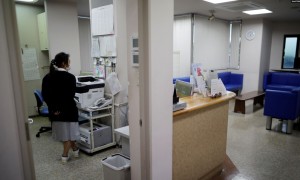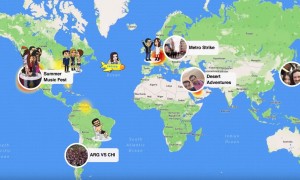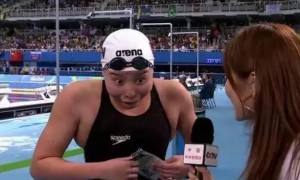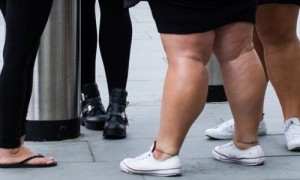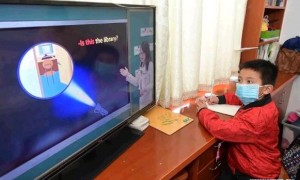随着《爸爸去哪儿》《爸爸回来了》等亲子节目热播,不少家长倾尽精力、财力,试图培养自己的童星。让人担忧的是一些童星身处名利场中,受到商业包装和媒体炒作的轮番轰炸,正承受着超过年龄承受能力的舆论压力。

Poster of a parent and children TV program "Dad! Where Are We Going?" [Photo: cqnews.net]
请看相关报道:
A Xinhua article points out that the parent and child programs, such as "Dad! Where Are We Going?" and "Dad is Back" posed a negative influence on parents, who intend to seek quick success and instant benefits.
新华社发文指出,类似《爸爸去哪儿》、《爸爸回来了》等亲子节目会给急功近利的家长们带来负面影响。
“亲子节目”我们可以用英文parent and child program或者parent-child program表示,类似的表达还有亲子关系(parent-child relationship)、亲子游戏(parent-child game)、亲子装(parent-child outfit)等。
随着“爸爸”类亲子类综艺节目(variety show)的热播,童星(child star)越来越受到社会的追捧,不少家长倾尽精力、物力、财力,试图将自己的孩子培养成童星。而事实上,童星也有很多困扰。让孩子过早承受舆论压力(pressure of public opinion),身处各类商业活动(commercial activities)中,会催生孩子早熟心理(be early matured psychologically),不利于孩子的成长。
业内人士介绍,国内的娱乐市场(entertainment market)对童星的需求并不大,支撑起童星“造星”现象频出的重要原因,在家长的“成才梦”。专家指出,家长适当发展孩子的特长本无可厚非,但切不可急功近利(seek quick success and instant benefits)。


